title taken from “Happy Place” by Lyrikal
Black Men Been Tryin’a Tell Us
For the first time in a while, mental health is a trending topic on Black Twitter. After tennis champ Naomi Osaka and gymnast Simone Biles pulled out of their sports to focus on their mental health, Black folks cheered these women on.
However, Black male athletes have been saying for years that they, too, need time away from the sport or press junkets to focus on their mental health…and the response was not as positive.
Unlike Naomi Osaka, Seattle Seahawks player Marshawn Lynch went viral and incurred backlash for stating that he was at the Super Bowl XLIX Media Day just so he “won’t get fined.” His comment referred to the $50,000 fine he received for violating the NFL Media Policy which mandates players to be available to the media during the practice week at the team facility and in the locker room following all games - regardless of how they feel.
The NBA found themselves in what they called a mental health crisis in 2020 as players were expected to perform despite the pandemic, social justice protests, and being away from family as they isolated in the bubble.
Denver Nuggets player Aaron Gordon explained,
“I’m employed by the NBA, but there’s just certain things that you can’t get out of your mind. It’s another reason why I do all of this mental health and mental training, because of how unfairly America treats Black men and Black women. And we’re still expected to come out, compete and act as if it’s not happening. It’s strenuous. Daily.”
Aaaron Gordon, Photo cred: BleacherReport.com
In light of this, the NBA has seen more players asking about the league’s mental health resources in the past eight months than in the past seven years.
Male athletes resisted speaking openly about depression or anxiety because of the stigma. When Dallas Cowboys quarterback Dak Prescott spoke about his struggle with depression after the death of his brother, Fox Sports commentator Skip Bayless said that Prescott’s statement made him look weak.
Yet Houston Rocket’s player Royce White says that he is “living proof that people with anxiety not only aren’t weak, but they can be profoundly strong.” White’s book Long Past Overdue: Mental Health & the NBA chronicles the mental health activism of players like DeMar DeRozan, Kevin Love, Ben Gordon, and Kelly Oubre Jr.
In a Sports Illustrated interview, White said that his agent and others in the basketball world actually advised him not to speak publicly about his anxiety. White replied, “Hey, mental health is a conversation we need to [have].”
Michele Roberts of the National Basketball Players Association (NBPA) worries that not taking a player’s mental health into consideration can actually have a devastating effect on current athletes, those who aspire to be athletes, and sports in general. “We as a community don’t allow athletes the space to be vulnerable, and that’s wrong. They have as much right to be vulnerable as the rest of us. And in some ways, unlike many of us, they’ve got more reasons to be vulnerable.”
While I am happy to see Simone and Naomi carrying the torch (see what I did there?) for mental health, I do think we should give a shout out to the male athletes who’ve been criticized and bashed for expressing the same concerns.





